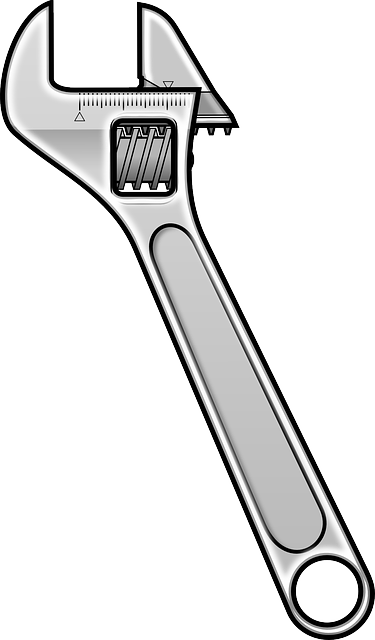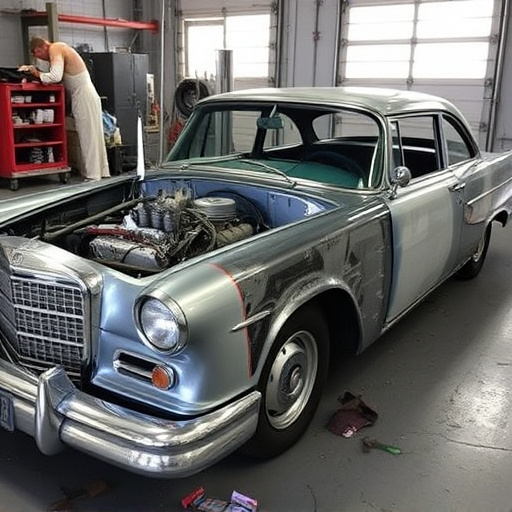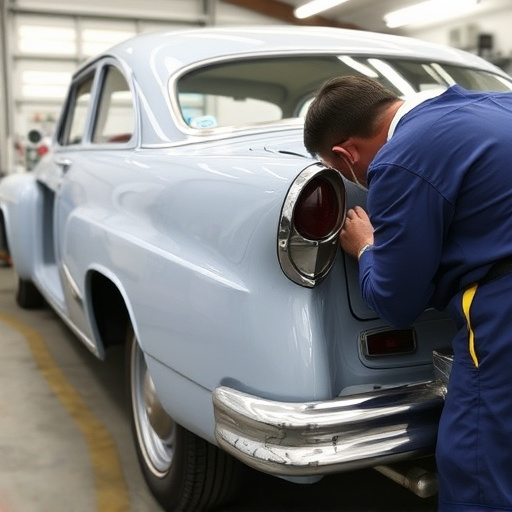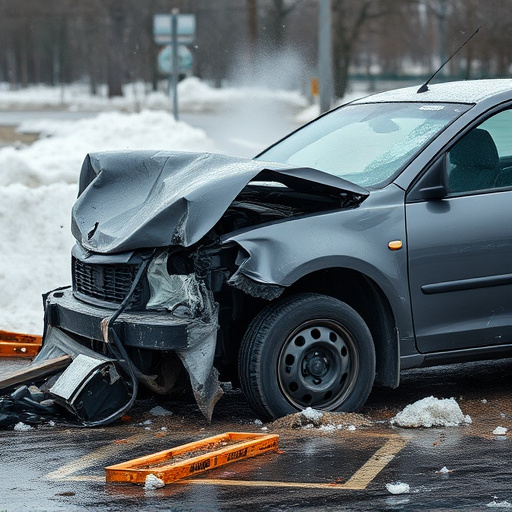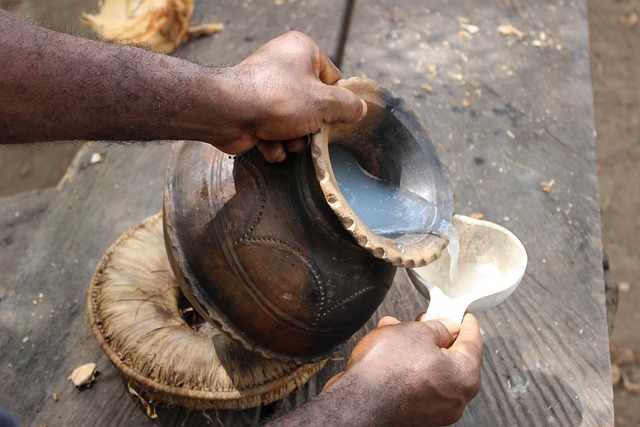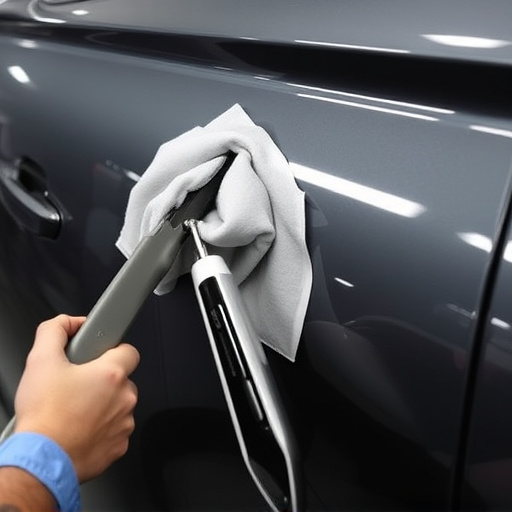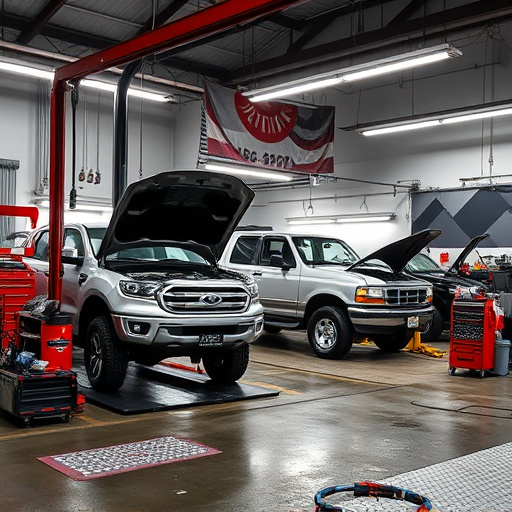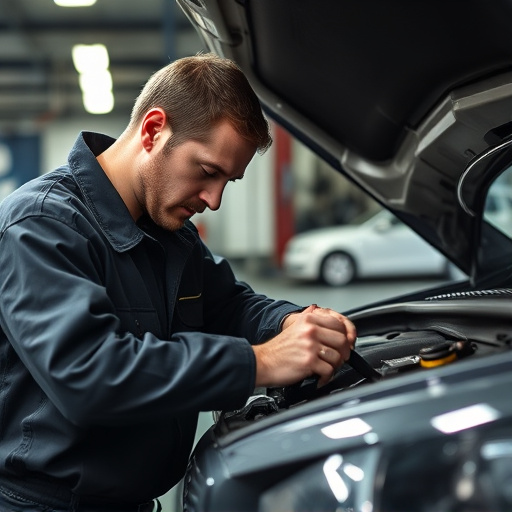Before consulting an auto body repair shop, prepare by gathering detailed vehicle information, including past repairs and maintenance records. During the consultation, share this data and ask specific questions about damage extent, repair process, timelines, costs, and potential hidden fees. This collaborative approach ensures informed decisions and a confident choice for your auto body repair needs.
Maximize your auto body repair consultation session by preparing for effective communication, understanding your vehicle’s needs, and asking the right questions. Before the meeting, gather information about damage and past repairs. During the session, be clear about expectations and desired outcomes. Engage with the mechanic, seeking insights into potential issues and recommended solutions. This proactive approach ensures you leave the consultation armed with knowledge and a plan for successful auto body repair.
- Prepare for Effective Communication
- Understand Your Vehicle's Needs
- Ask the Right Questions for Results
Prepare for Effective Communication
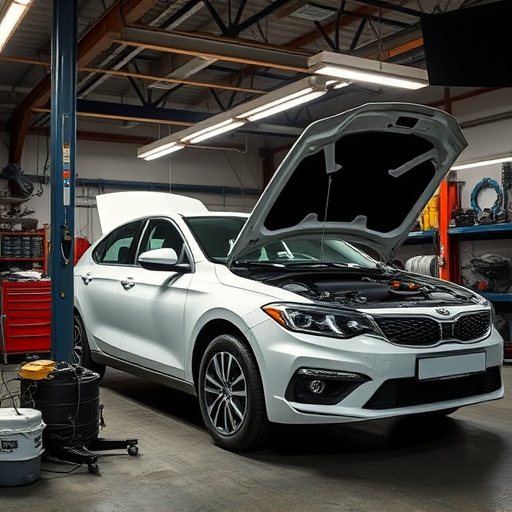
Before stepping into an auto body repair consultation, preparation is key to ensuring effective communication with the technician. Start by gathering all necessary information about your vehicle’s current issues. This includes any error messages from the dashboard, unusual sounds or smells, and visual discrepancies in the car’s structure or paintwork. Taking photos of these can be helpful during the consultation. Additionally, review your vehicle history, including past repairs and maintenance records, as this provides valuable context for the technician.
Clear communication is equally vital. Prepare a list of questions to ask—from understanding the repair process to estimating costs and timeframes. Be open about your expectations and budget constraints. Remember, an informed discussion will help you make well-rounded decisions regarding your car’s auto body repair or automotive restoration needs, ensuring a satisfying outcome for both you and the technician.
Understand Your Vehicle's Needs
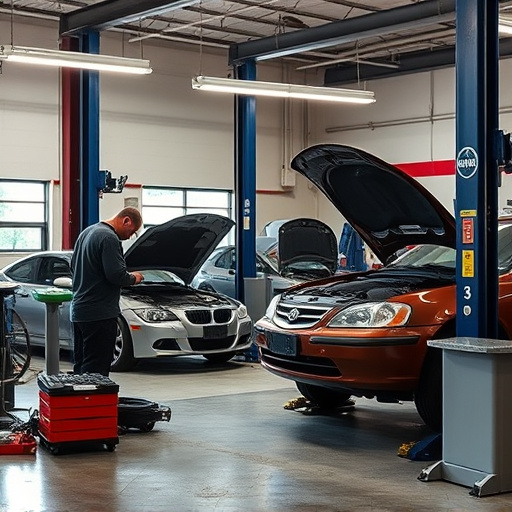
Before stepping into an auto body repair consultation, take some time to understand your vehicle’s unique needs. Every car, truck, or SUV is different, and what may be a simple fix for one could require specialized attention for another. Consider factors like age, mileage, previous repairs, and any specific issues you’ve noticed. For instance, if you’re owning a Mercedes-Benz, known for its precision engineering, it might need regular maintenance and meticulous care, unlike a fleet vehicle used for long-haul trucking, which could demand more robust, durable repairs.
During the consultation, be prepared to share this information with the repair technicians. They will assess your vehicle’s condition, providing insights into recommended services, parts replacements, or repairs. This collaborative approach ensures that you leave the session armed with a clear understanding of what needs attention and why, allowing for an informed decision on the best course of action for your auto body repair, whether it’s a simple dent removal or a more complex car body restoration.
Ask the Right Questions for Results
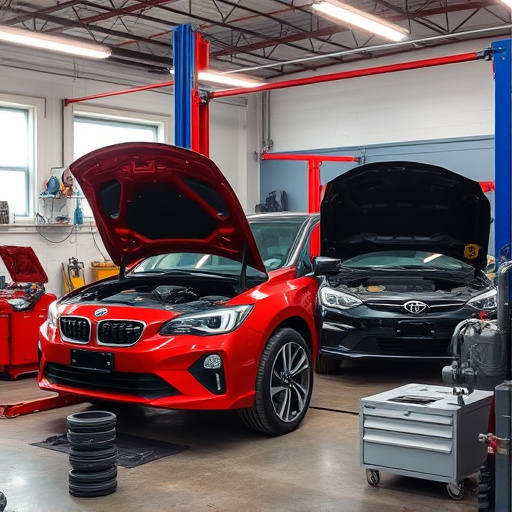
During your auto body repair consultation, asking the right questions can make all the difference. Specific queries about the extent of damage and the repair process ensure you understand what’s involved. For instance, inquire about the experience with handling similar Mercedes Benz repairs, as this gives insight into their expertise.
Focus on clear communication regarding timelines and costs associated with collision damage repair or automotive body work. Understanding the pricing structure, including any potential hidden fees, allows for informed decision-making. Remember, a thorough consultation should leave you feeling confident in your choice of repair facility.
An auto body repair consultation is not just a transaction but a partnership. By preparing, understanding your vehicle’s needs, and asking the right questions, you can ensure the best outcomes for your auto body repair. This proactive approach will help you make informed decisions and get the most out of every consultation session.
